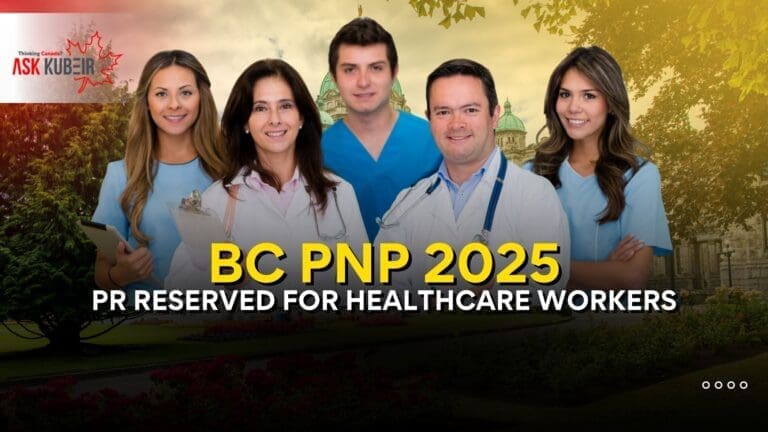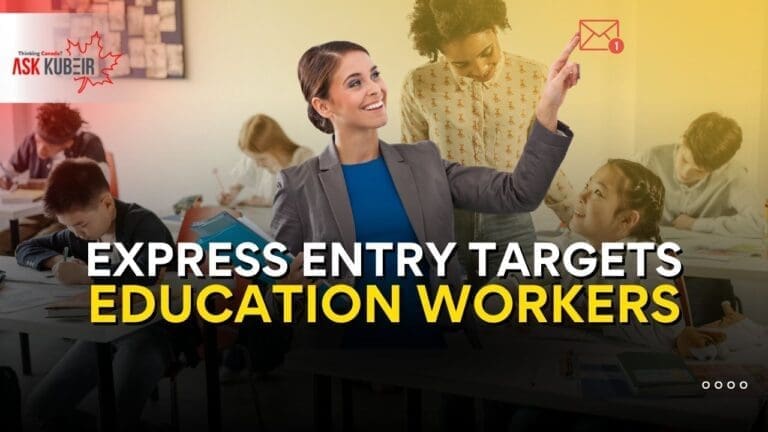
Sault Ste. Marie Now Hiring Foreign Workers for Permanent Residency Through RCIP
Sault Ste. Marie, a small city in Northern Ontario, has just released its official list of designated employers under the Rural Community Immigration Pilot (RCIP). This is great news for foreign workers who want to move to Canada and become permanent residents. If you get a valid job offer from one of these employers and meet other basic requirements like language, work experience, and education, you can apply directly for Canadian permanent residency under this program. What is the RCIP? The Rural Community Immigration Pilot (RCIP) is a special immigration pathway made for small towns in Canada that need more workers. Unlike other programs, RCIP is employer-focused, which means you can only apply if a designated local employer offers you a job. New List of Approved Employers in Sault Ste. Marie Here is the list of employers in Sault Ste. Marie who are officially approved to hire foreign workers through RCIP. You must have a job offer from one of them to apply. Designated Employers – Sault Ste. Marie RCIP Algoma Tubes Inc (Tenaris Canada) Child Care Algoma China Steel Inc. Chuck’s Roadhouse Bar and Grill Extendicare Mapleview F. J. Davey Home Giovanni’s Restaurant JD Aero Technical Inc. Meadow Park Montessori School Montanas Northern Power Train OTR Engineered Solution Para Med Sault Area Hospital Sault Ste. Marie YMCA Viacore This list may change in the future as more employers get approved. Any business in the city that works in a priority sector can apply to be on this list through the Sault Ste. Marie Economic Development Corporation. Who Can Apply for This Immigration Program? To be eligible for RCIP in Sault Ste. Marie, you must: Sault Ste. Marie’s priority sectors include: On top of this, you’ll also need to meet general immigration requirements such as: Once you get a job offer and a community recommendation, you can apply directly to the federal government for Canadian permanent residence. How Many People Can Be Accepted in 2025? Sault Ste. Marie has been given 300 spots for RCIP in 2025, which means only 300 foreign nationals can get permanent residency through this pathway in that year. Other Communities in RCIP Sault Ste. Marie is not the only town involved in this program. Timmins and Thunder Bay are also participating and have released their own lists of employers. More towns may join later. 1. What is a designated employer?A designated employer is a local business approved by the community to hire foreign workers through the RCIP. Only job offers from these employers are valid for this program. 2. Do I need a job offer to apply?Yes, a job offer from a designated employer is required to be eligible for this program. 3. Can I apply directly for PR after getting a job offer?Not immediately. After you get the job offer, the community must give you a recommendation. Then you can apply to the federal government for permanent residence. 4. What if my job offer is not from the employer list?It won’t be accepted. Only job offers from designated employers in priority sectors will be considered valid under RCIP. 5. What kind of jobs are considered priority occupations?Each community decides its own priority jobs. In Sault Ste. Marie, this includes jobs in healthcare, education, trades, transport, and manufacturing. 6. How do employers get designated?Local employers must apply through the Sault Ste. Marie Economic Development Corporation. They must be in a priority sector and have genuine job opportunities for foreign workers. 7. Can I apply without Canadian work experience?You can apply if you meet all the criteria, including international work experience, provided it matches the job offered. If you’re interested in living and working in Canada through a smaller community, Sault Ste. Marie’s RCIP could be a great option. The program is designed to help people settle in smaller towns and bring skilled workers to communities that need them most. Would you like a consultation to explore your Canadian work options? Contact Ask Kubeir today! 📌 If you believe your VISA application should be showcased in the most favorable light when submitting to immigration, feel free to book our services. 📌 To book an appointment with Kubeir – Licensed Canadian Immigration Consultant, click the “Book Appointment” 📲 You may also reach us at this number for all immigration-related services: Disclaimer: This is for informational purposes only and not legal advice. Always consult experts like us or the official IRCC website for up-to-date details.









